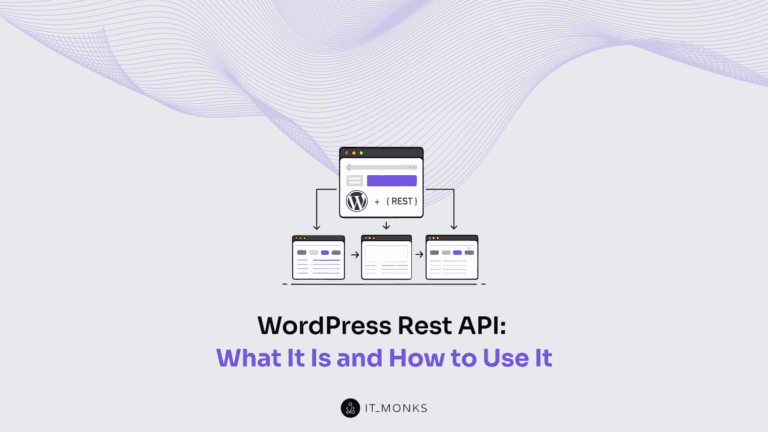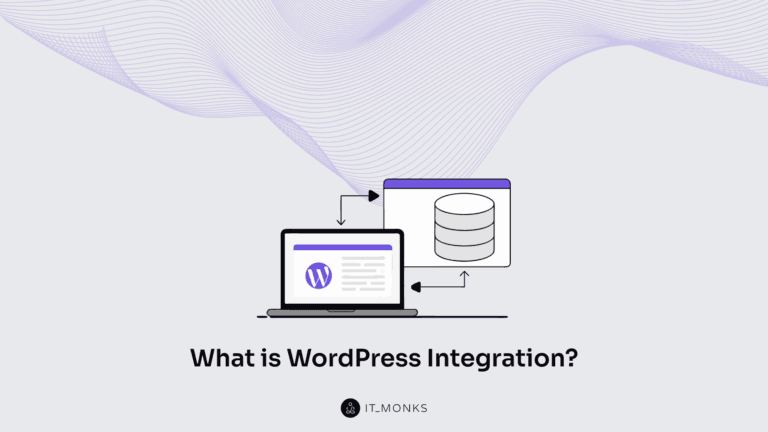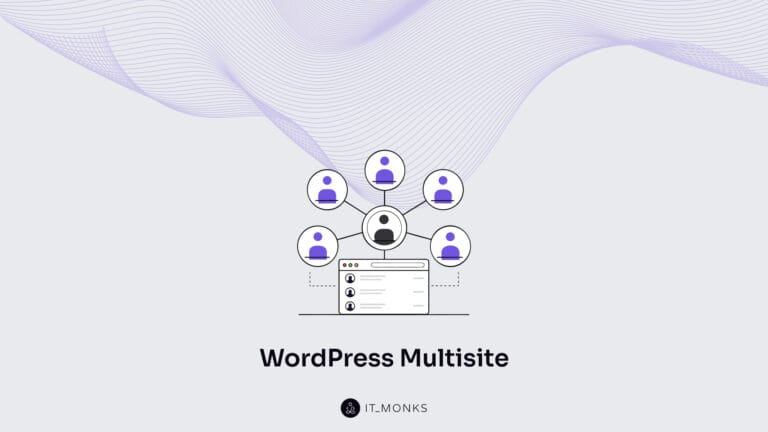Website Design Cost in 2024
Table of Contents
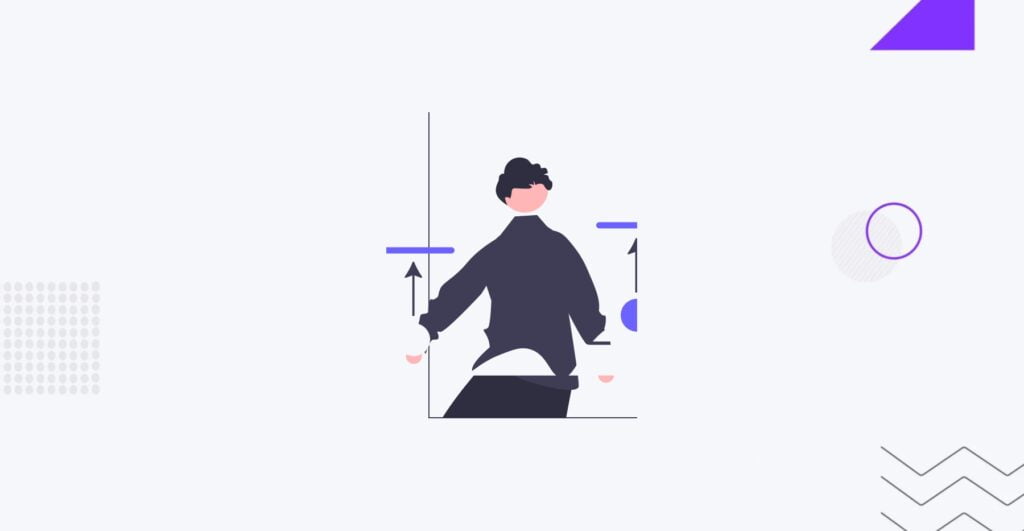
Are you considering creating a website but unsure about the cost involved? You’ve come to the right place. Website design costs can vary widely, but understanding the key factors that impact the cost can help you make a more informed decision. Many companies hire freelancers, engage agencies, or tackle the DIY route. In this guide, we’ll answer, “how much does a website cost in 2024?” This A to Z guide covers all steps of the website development process – from planning to implementation.
Website Development Main Steps to Consider
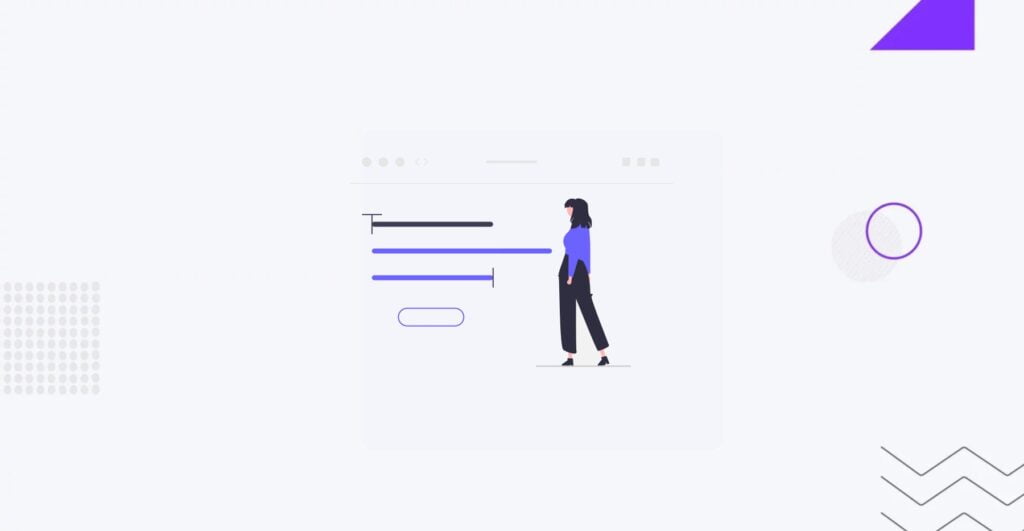
When planning the development of a website, there are several key steps to consider. Each step plays a crucial role in creating a successful and functional website. It’s important to note that the cost of each element can vary depending on numerous factors such as complexity, features, and customization. To learn more about which approach suits your needs best, you can refer to our comprehensive guide on how to develop a website.
SSL Certificate
An SSL certificate is crucial for securing your website and encrypting data transmitted between your website and your users’ browsers. SSL certificates can be free through services like Let’s Encrypt or purchased from certificate authorities, with costs ranging from $10 to $100 per year.
Website Design and Interface
The design and interface of your website set the tone for your brand and user experience. Website design costs vary widely depending on whether you use affordable website builders or invest in bespoke designs by professional web designers. Prices can start at $10,000 or more for custom designs.
Web Hosting
Web hosting is essential for making your website accessible on the internet. Costs vary based on factors like server resources, uptime guarantees, and customer support. Hosting services can range from included options with website builders to separate costs ranging from $3 to $250 per month.
Custom Domains
A custom domain adds credibility to your website and makes it easier for users to remember and find you online. Costs vary depending on domain registrar and domain name popularity, ranging from minimal for unique names to potentially thousands of dollars for premium domains. On average, you can expect to pay anywhere from $1 to $1,000+ per year for a domain.
Templates
Website templates streamline the design and development process by providing pre-designed layouts and features. While some templates are free, premium options with advanced features may cost around $70 or more.
CMS (Content Management System)
A CMS allows you to manage and update your website’s content easily. Costs vary from free open-source options like WordPress to paid subscriptions with additional features and support. Monthly fees for CMS platforms can range from $160 or more for advanced solutions.
Integrating Third-Party Tools
Integrating third-party tools such as analytics, e-commerce platforms, or marketing automation software adds functionality to your website. Costs vary depending on the tool and its features, with some offering free versions and others charging for advanced features. Expect to pay $100+ per month for third-party tool integration.
Marketing Strategy
Marketing tools and strategies are essential for attracting visitors to your website and converting them into customers. Costs can vary widely depending on whether you use free marketing tools, invest in premium solutions, or hire experts for personalized campaigns. Budgets for marketing can range from $1,000 or more per month for comprehensive campaigns.
Types of Websites
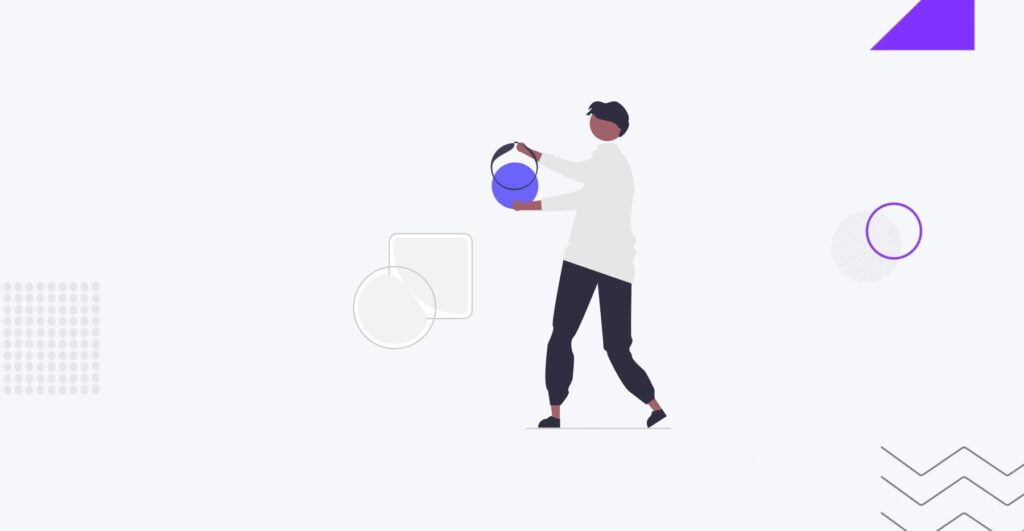
The type of website you want to create plays a significant role in determining the cost of building a website. Different types of websites have varying requirements, which can impact the overall development and design process. For instance, a simple informational website will cost less than a complex e-commerce platform or web application, requiring extensive coding and customization.
| Type of Website | Description | Cost |
|---|---|---|
| Informational Websites | Informational websites are used by businesses, organizations, blogs, and individuals to provide information about their offerings, services, or personal interests. They typically include pages such as “Home,” “About Us,” “Services,” and “Contact.” | $5,000+ |
| E-commerce Websites | E-commerce websites are designed for online selling of products or services. They include features like product listings, shopping carts, secure payment gateways, and order management systems. | $5,000+ |
| Corporate Websites | Corporate websites are developed to showcase a company’s profile, services, products, and contact information. They often include sections like “About Us,” “Services,” “Contact,” and “Careers.” | $20,000+ |
| Government Websites | Government websites provide information, services, and resources related to government agencies, policies, and public services. They aim to offer transparency, accessibility, and convenience to citizens. | $25,000+ |
| Personal Websites | Individuals create personal websites to share personal information, interests, hobbies, portfolios, or resumes. They serve as digital representations of individuals and can include blogs, photo galleries, and contact information. | $3,000+ |
| Landing Pages | Landing pages are single-page websites designed for specific marketing or advertising campaigns. They focus on promoting a particular product, service, or offer and aim to drive conversions through a clear call-to-action. | $3,000+ |
| Marketplace | Marketplaces are platforms facilitating transactions between multiple buyers and sellers. They require complex functionalities like user registration, product listings, search filters, payment processing, and order management. | $25,000+ |
| CRMs, LMS, Web Apps | These are web applications providing functionalities such as customer relationship management (CRM), learning management systems (LMS), and other specialized tools. They require extensive development and customization based on specific business needs. | $10,000+ |
The website design cost varies based on factors like complexity, features, design, and development requirements. To learn more about the types of websites and their associated costs, check out our detailed guide on types of websites and the price to build them. Understanding your business needs and choosing the right type of website is crucial for determining the most suitable and cost-effective solution for your online presence.
Website CMS System
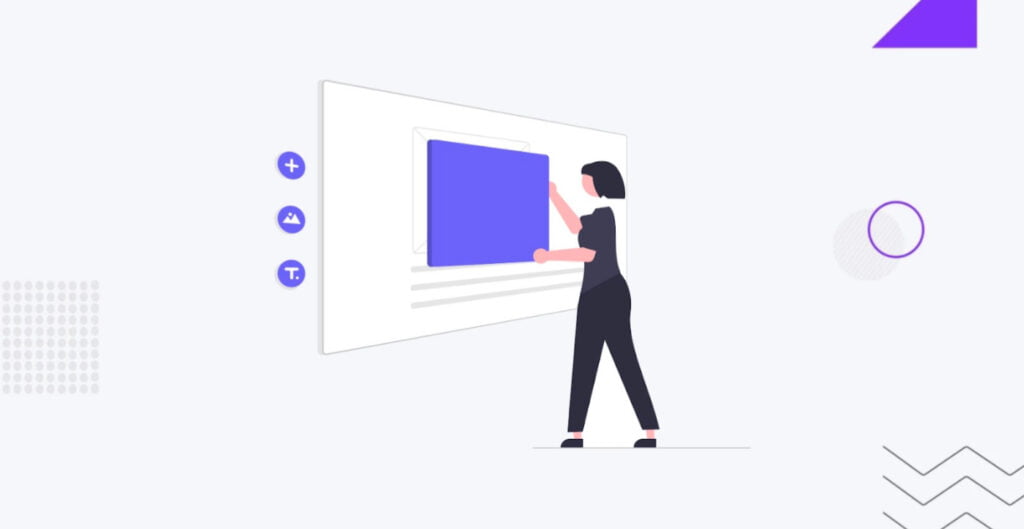
A Content Management System (CMS) is a software application that allows users to create, manage, and modify digital content on a website without needing to have advanced technical skills. There are various types of CMS systems available, including website builders like Elementor, Divi Builder, and Wix. These website builders offer user-friendly interfaces and drag-and-drop functionalities, making it easy for individuals and small businesses to create and customize websites quickly.
Elementor is a popular WordPress page builder plugin known for its intuitive interface and extensive design options. It offers a wide range of templates, widgets, and styling options, allowing users to create visually appealing websites without coding knowledge.
Divi Builder is another WordPress plugin that provides a visual drag-and-drop interface for building websites. It offers advanced design options and customization capabilities, making it suitable for both beginners and experienced users.
Wix is a cloud-based website builder that offers a user-friendly interface and a variety of templates for creating websites. It’s a fully hosted solution, meaning users don’t need to worry about hosting or technical aspects of website management.
While website builders offer convenience and ease of use, they also have limitations. Customization options may be limited compared to custom-coded websites, and users may encounter difficulties in achieving complex design or functionality requirements. Additionally, ongoing subscription fees may add up over time.
On the other hand, a custom-coded website involves writing code from scratch or using frameworks and libraries to build a website tailored to specific requirements. This approach offers complete flexibility and control over design, functionality, and performance. However, it requires advanced technical skills and may involve higher upfront costs.
Website builders like Elementor, Divi Builder, and Wix offer convenience and accessibility for users without coding knowledge, but they may have limitations in customization and scalability. Custom-coded websites provide complete flexibility but require technical expertise and may be more costly upfront. To delve deeper into the comparison between website builders and coding, check out our detailed guide on website builder vs coding. Understanding the pros and cons of each approach is essential for making an informed decision based on your specific needs and goals.
Web Developer Companies VS DIY
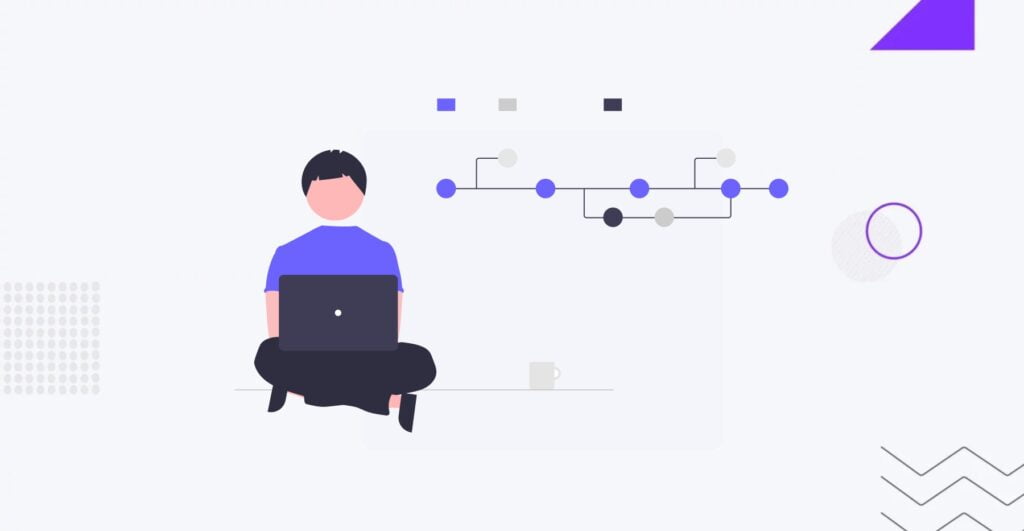
Creating a website can be approached in two main ways: hiring a web development company or taking the do-it-yourself (DIY) route. Each option has its own set of pros and cons.
Web Developer Companies:
Pros:
- Professionalism: Web development companies have experienced professionals who can create high-quality, customized websites tailored to your specific needs and requirements.
- Expertise: These companies often have a team of designers, developers, and project managers who specialize in different aspects of website development, ensuring that every aspect of your website is taken care of.
- Customization: With a web development company, you have the flexibility to implement complex features and functionalities that may not be achievable through DIY methods.
- Support and Maintenance: Web development companies typically offer ongoing support and maintenance services, ensuring that your website remains up-to-date and functional over time.
Cons:
- Website design cost: Hiring a web development company can be expensive, especially for small businesses or individuals with limited budgets.
- Communication: Working with a team of developers may require effective communication and coordination, which can sometimes lead to delays or misunderstandings.
- Dependency: Relying on a web development company for website updates and maintenance may result in dependency on external resources for future changes or improvements.
DIY (Do-It-Yourself):
Pros:
- Cost-Effectiveness: DIY website builders and templates are often more affordable upfront compared to hiring a web development company.
- Control: Building your website allows you to have full control over the design, content, and functionality, without relying on external parties.
- Speed: With DIY tools and templates, you can quickly create a basic website without the need for extensive technical knowledge or experience.
Cons:
- Limited Customization: DIY website builders may have limitations in terms of customization and flexibility, restricting your ability to implement specific features or design elements.
- Quality: Without professional expertise, DIY websites may lack the polish and functionality of professionally designed and developed websites.
- Learning Curve: Using DIY tools and platforms may require time and effort to learn, especially for individuals with limited technical skills or experience.
While DIY website creation may be suitable for individuals or small businesses with tight budgets and simple website needs, hiring a web development company offers several advantages, including professionalism, expertise, customization, and ongoing support. Hiring a web development company is often the preferred option for businesses looking to create a high-quality, customized website that aligns with their brand and objectives.
To explore the website design cost range and factors involved in hiring a web development company, check out our detailed guide on how to hire a software developer. Understanding the options available will help you decide to best suit your needs and goals.
Conclusion
We’ve guided you through the expenses of creating a website, whether using a website builder or hiring a professional designer. Hopefully, you now have a clearer idea of the most suitable method for your needs and budget. It’s important to consider the financial costs and other resources like time, technical skills, and design abilities. If you have ample time, learning new skills is an option; however, outsourcing to professionals can be beneficial if time is limited and budget allows it.
Considering your site’s objectives, available resources (time and money), and how you intend to manage it daily will all contribute to maximizing your investment in the long run.
If custom-made website development seems appealing to you, consider contacting our team at IT Monks for assistance. With over 15 years of experience crafting outstanding websites that align with your brand identity while being SEO-friendly and tailored to your audience’s requirements – we’re here for all your web development needs! Contact us to discuss project details so we can propose the best solution for advancing your business.
FAQ
- How much does website design cost?
The cost of website design varies depending on factors such as the complexity of the design, the number of pages, and the level of customization required. On average, prices can range from a few hundred dollars for a simple template-based design to several thousand dollars for a custom-designed website.
- How much does it cost to have a website?
The cost of having a website depends on various factors, including design, development, hosting, domain registration, and ongoing maintenance. For a basic website, costs can range from as little as $100 per year for hosting and domain registration to several thousand dollars for custom design and development.
- How much does a website redesign cost?
The cost of a website redesign depends on factors such as the extent of changes needed, the complexity of the existing website, and the level of customization required. Prices can range from a few hundred dollars for minor updates to several thousand dollars for a complete design and functionality overhaul.
- What’s the difference between web design and development?
Web design primarily focuses on the visual aspects of a website, including layout, colors, typography, and imagery. Web designers use software like Adobe Photoshop or Sketch to create mockups of website designs. On the other hand, web development involves the coding and programming required to bring a website design to life. Web developers use programming languages like HTML, CSS, and JavaScript to build and maintain websites.
- Should I use a page builder or order a custom-made website?
The choice between using a page builder and ordering a custom-made website depends on budget, timeline, and specific requirements. Page builders offer ease of use and affordability, making them suitable for individuals or small businesses with limited resources and simpler website needs. However, they may have limitations in terms of customization and scalability. On the other hand, a custom-made website offers complete flexibility and control over design and functionality but may require a higher upfront investment and longer development time.
Contact
Don't like forms?
Shoot us an email at [email protected]

